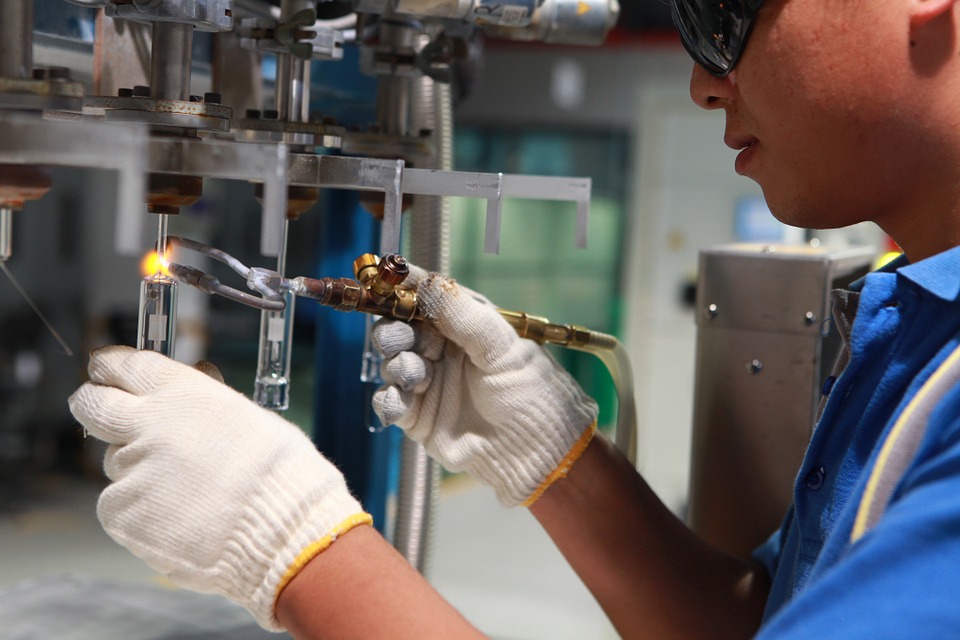McGill offers an environment that is highly conducive to learning and growth. The high expectations it places on its students forces us to adapt, learn, and grow into the highly skilled graduates that have earned our school its sterling reputation. However, given these lofty expectations placed on us by our school, I see it as only reasonable for us, as students, to expect a similar zeal for growth from the McGill administration. In a rapidly changing world, I think it is high time that McGill began to incorporate new and innovative methods of learning into its very traditional style of higher education.
This “new” method of learning I’m referring to is a fully developed co-op program. I hesitate to call it new, since co-ops can reasonably be compared to apprenticeships, which have been around longer than universities, but, for the most part, have fallen out of favour. Nowadays, students take on internships for an average of about twelve weeks in the summer as a means of exploring the fields they are studying, but this model is lacking in multiple regards. While McGill does provide some co-op opportunities, its offerings pale in comparison to other schools, such as Northeastern University and the University of Waterloo, which have fully committed to incorporating this style of learning into their curricula. These programs provide numerous benefits that complement and augment those already provided by the traditional learning done in classrooms.
While student debt is a problem more commonly associated with the United States, the costs of higher education are still nothing to be scoffed at in Canada, and co-ops can provide more extended periods of earning to students who have difficulty paying for their education. Rather than having students take on part-time jobs during the school, co-ops can provide a means of furthering and funding one’s education at the same time.
These programs provide numerous benefits that complement and augment those already provided by the traditional learning done in classrooms.
Indeed, there are plenty of fantastic internship programs that provide meaningful and rewarding experience to the students that go through them, but I doubt anyone would say that this is universally the case. Odds are, for every student that regales you with tales of the wonderful summer they spent performing interesting and engaging work, you know another student that spent their days in an unpleasant limbo between errand boy and contributing employee. This is an unfortunate product of the reality that many jobs require specific skills that are acquired only through experience.
Co-ops provide much longer windows to gain meaningful work experience, providing students with more than just fancy titles to put on their résumé. The best part about this is that everyone is left better off: the shortcomings of poor internship programs can likely be remedied when the company is allowed more time to train and utilize the employed student, and the merits of good internship programs are likely to only generate more benefits over a greater timeline.
In addition to improved experience, the opportunity to form more meaningful relationships is yet another skill gained from co-ops. In an increasingly competitive labour market, networking is a skill that is as necessary as it is reviled. Most people I know are not fans of networking, but working with people is by far the most painless way to form these important relationships. I am far more likely vouch for a person I have personally worked with for a few months than someone I chatted awkwardly with at some cocktail event.
Co-ops provide much longer windows to gain meaningful work experience, providing students with more than just fancy titles to put on their résumé.
Finally, the depth that co-ops offer is nicely complemented by the breadth they provide as well. The universities that have embraced this model have students alternate between studying and working throughout their time in school, allowing for students to achieve a deep understanding of multiple jobs. This range of experience undoubtedly comes in handy when it comes time to settle into a longer-term position. Having developed a strong network over the course of their various co-ops, students have ample professionals to look to for advice on which career path is best for them.
While I don’t have direct experience with co-op programs, I did take a gap year before coming to McGill. This time off from school offered something that resembled a co-op experience. I had two jobs, working with the American Civil Liberties Union and a political organization called NextGen America (formerly NextGen Climate), both of which reflected my aspirations at the time. This provided me with many of the benefits I extol above. I saved some money, worked with tons of fascinating, accomplished, and helpful people and I learned about the fields of law and politics in a way I never could in a classroom.
This experience helped me conclude that, while I certainly enjoyed these areas, I felt my career should lie elsewhere, a conclusion that would’ve been quite costly had I not arrived at it until my final year in university.
While I am not so arrogant as to think my argument for co-ops is unassailable, I do hope the points I have laid out are convincing enough to at least pique the interest of both administrators and my fellow students. As students continue to acquire debt and increasingly find themselves unemployed upon graduation, the co-op structure should be looked to as a potential solution.


